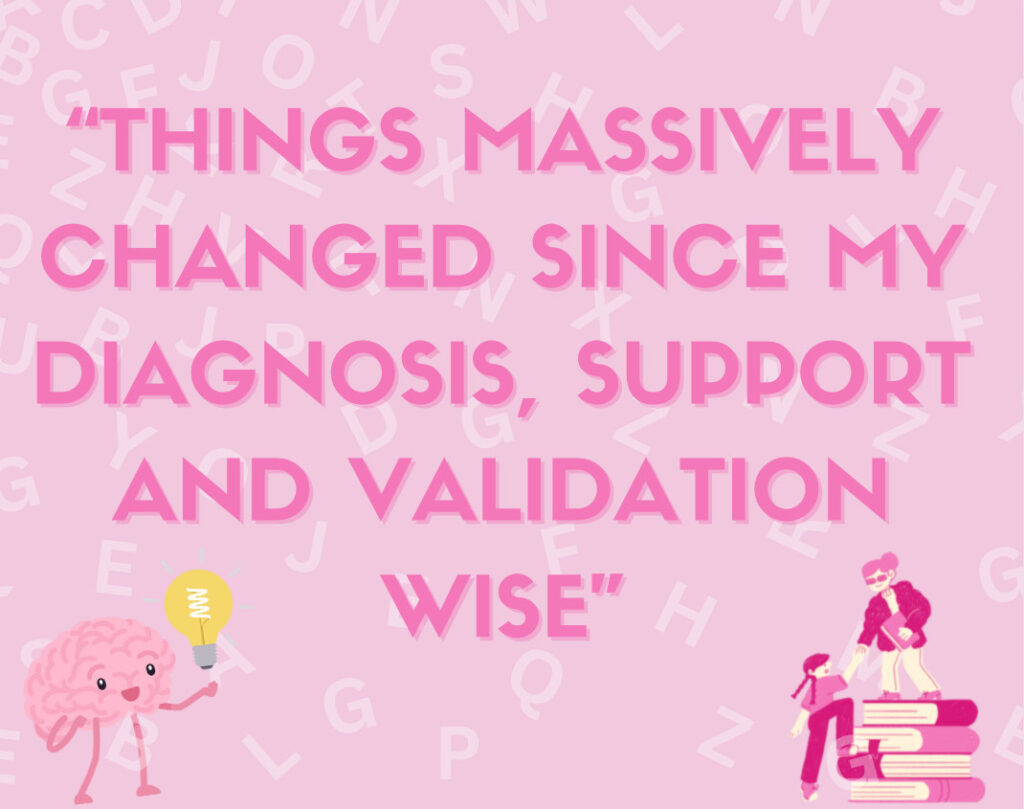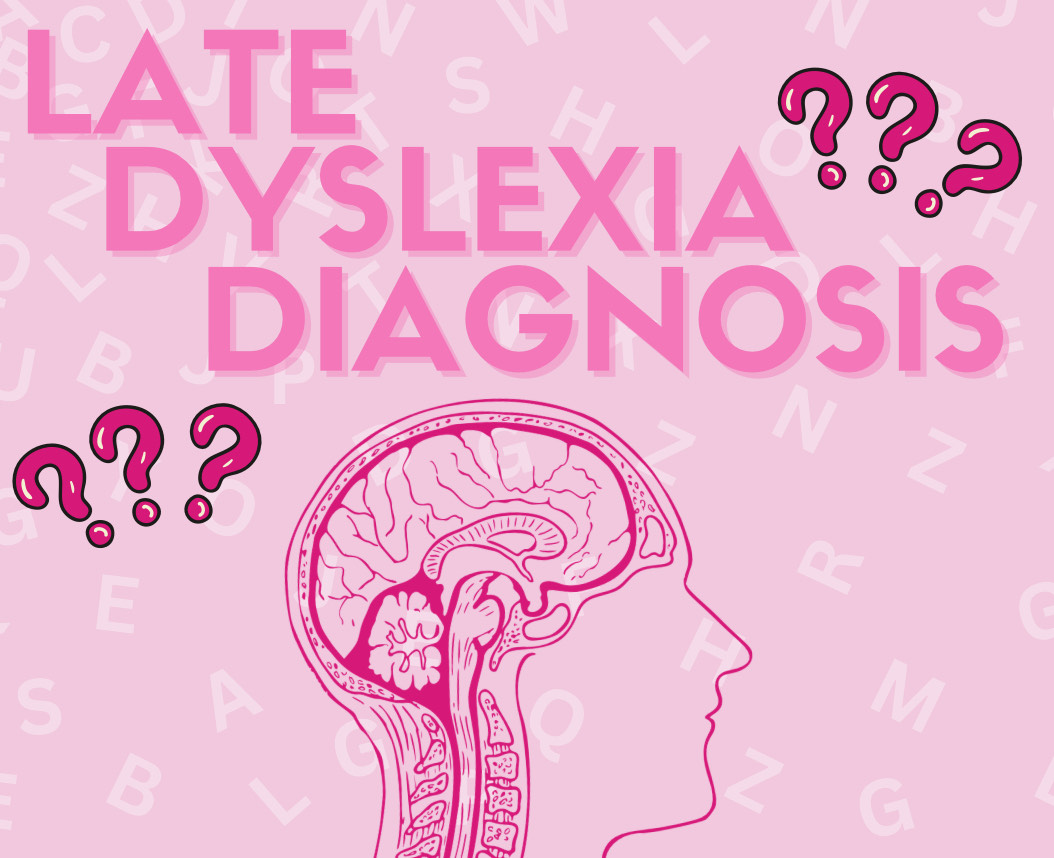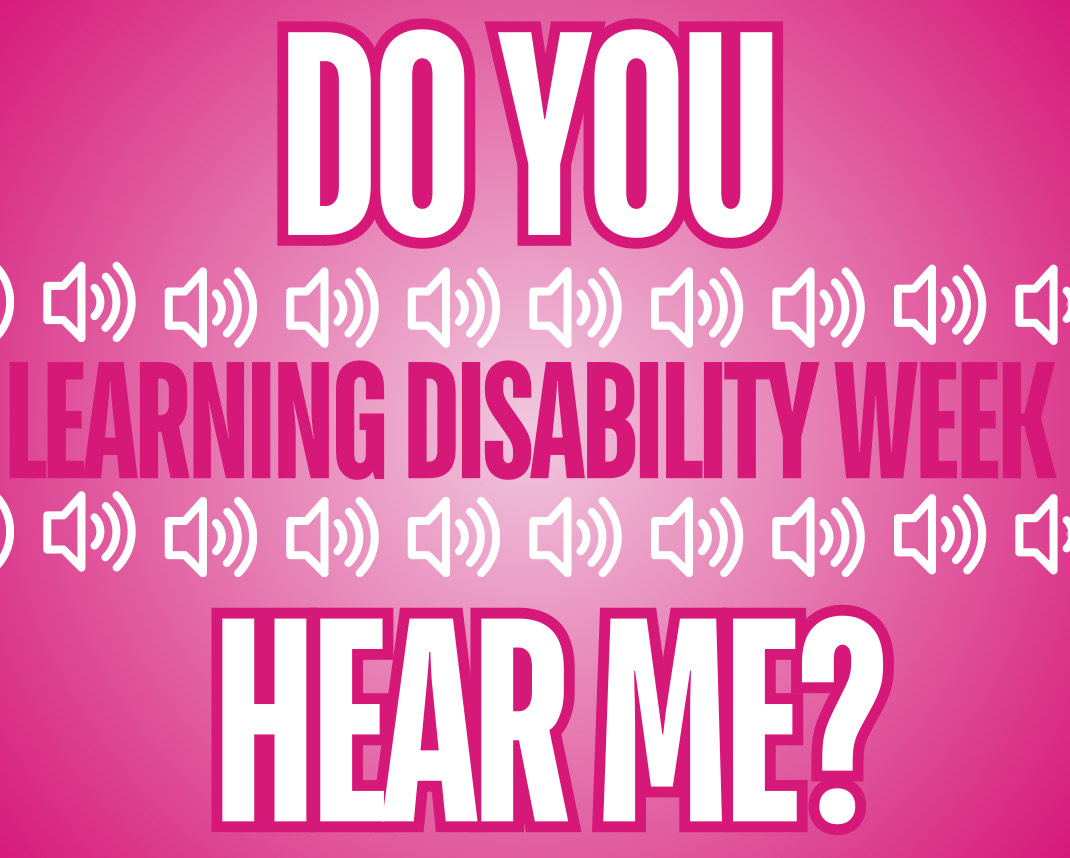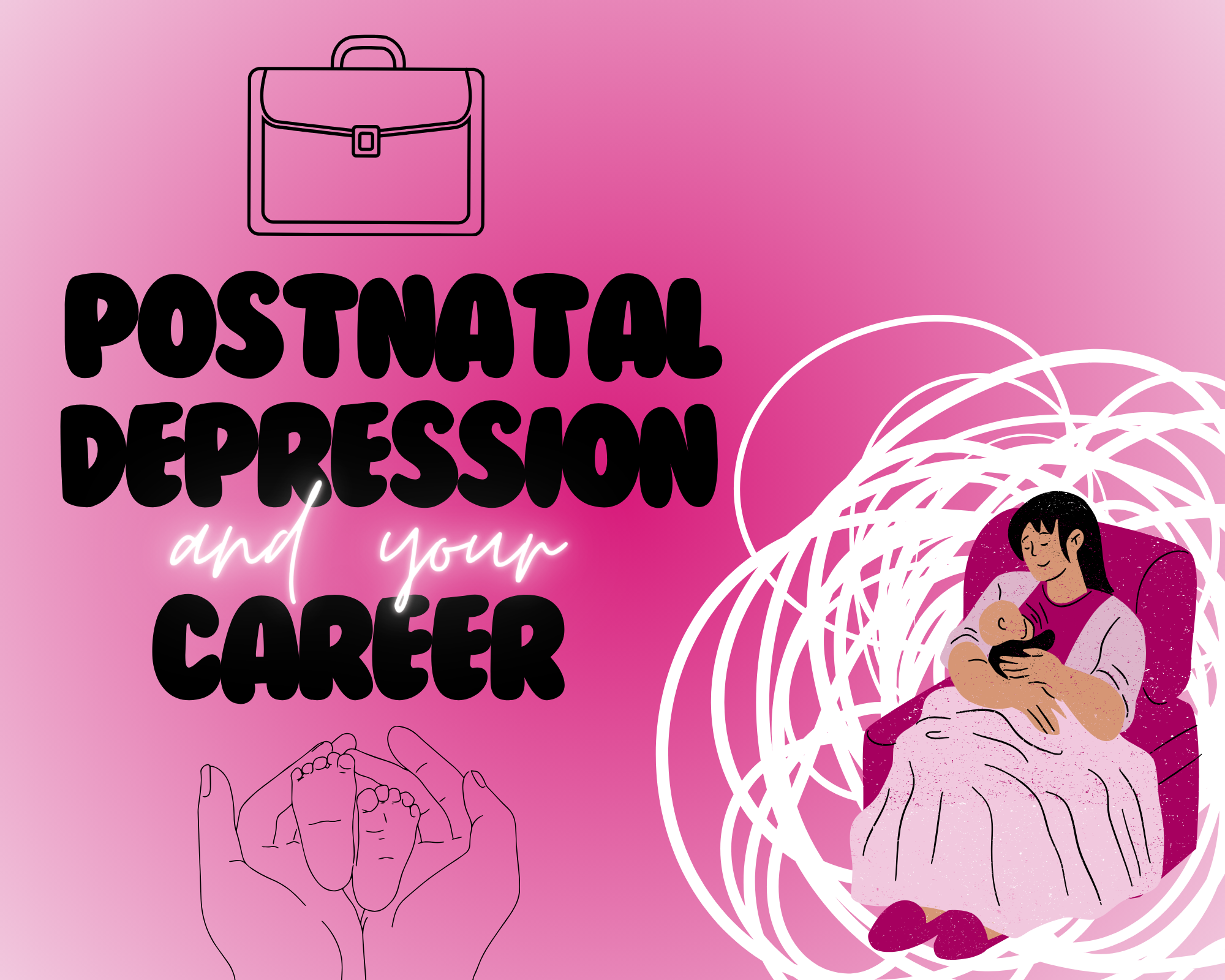How can a dyslexia diagnosis validate your struggles and be the key to reaching the support your need?
According to the British Dyslexia Association, Dyslexia is a learning difficulty that primarily affects the skills involved in accurate and fluent word reading and spelling. Characteristic features of dyslexia are difficulties in phonological awareness, verbal memory and verbal processing speed.
The British Dyslexia Association highlighted the misconception that dyslexia just affects reading and writing skills and emphasised how it’s actually about information processing and can also impact on areas such as memory and organisational skills.
Some of the symptoms include confusing visually similar words, struggle spelling, reading/ writing slowly, needing to re- read text, feeling sensations of mental overload, struggling to listen and maintain focus and many more.
A dyslexia diagnosis can happen at any age in an individual’s life, however they may have struggled their whole lives with it.
Schools have standardised assessments in place to monitor children’s progress and identify if any further literacy support is required. According to The Education Hub, measures are in place to identify children with learning disabilities in schools and to help teachers support them.
However that is not the case for everyone as for Taylor, 19, from Birmingham, she was diagnosed with dyslexia well into her teenage years.
“I always knew there was something wrong as I struggled in school from a very young age. It was my Mom who initially noticed it as she saw how hard I found reading, writing and spelling.
“It got raised as an issue in primary school as my dad was concerned and had a meeting with my year 6 teacher as he thought something was wrong and wanted me to get tested for a learning disability. But my teacher essentially dismissed it and said ‘some people can spell and some people can’t’. She said that this wasn’t an issue and I just ‘needed to try harder with spelling and reading.’” explains Taylor.
Taylor was always offered extra learning support in her primary school years however they dismissed any suggestion of getting tested for a learning disability, essentially invalidating her struggles.
“I always struggled with English, as early as primary school, and I was always getting taken out with a smaller group of students in primary that needed extra help. Even though I wasn’t diagnosed, I still got my own room to do my SATS exams in so I could read aloud, to understand the questions better.
“I guess that was when I started to pick up that something was wrong or that I was different to other students because I was being separated from the rest of the class.”
It was not until Taylor was 14, in Year 9, at her secondary school when the topic of getting tested was raised again, by her mother nonetheless.
“My Mom contacted the learning needs teacher at school and they reviewed my class work, spoke to my teachers and then set me up with an official dyslexia test, with someone from outside of school.
“The dyslexia test was 3 hours and it tested my memory recall, spelling, knowledge of phonics, reading and comprehension. I was given a list of words and given 60 seconds to spell them. Also I had to spell out 90 phonics to try and gauge if I spelt out things the way they sound.
“When you’re dyslexic spelling that many words is your worst nightmare.” Taylor exclaims.
When Taylor got her diagnosis that she was dyslexic, she explained that everything changed. She was diagnosed in the Covid lockdown and in an already isolating time in people’s lives, she finally felt supported and validated in her struggles.
“I was given a laptop for all my lessons as I struggled to understand what was on the boards and screens. When I was using pen and paper I was just focusing on writing things down quick enough, instead of understanding any of it.

“The learning needs teacher spoke to all my teachers and long pieces of text were printed out for me and highlighted. They got me tested for extra exam time and my own room for my GCSEs and I got extra revision notes from my teachers to help.
“Things massively changed since my diagnosis, support and validation wise.”
Taylor felt as though a lack of reasoning and diagnosis of her struggles led to questions over her intelligence. She says, “I hate the stereotype that you can’t spell or read at all. Which isn’t the case, I just struggled a bit more. People probably think you’re not as smart as them or able to do as much in school.”
A late diagnosis for Taylor was hard as even though she felt lucky to be diagnosed in time for her GCSEs, she still struggled with a sense of embarrassment.
“I was embarrassed in school as I was reading aloud in class and I really struggled with it, especially if it was a new text. After my diagnosis though I was given the text to prepare and practise reading out loud, as it’s too difficult for me to read on the spot.
“I think it would’ve massively affected my grades if I didn’t have the extra time and a separate room for my exams. By me having extra time it just allows me to be at the same position as everyone else and at the same starting point. If I didn’t have it I’d be at a disadvantage and probably wouldn’t have finished my exams in time.”
Despite her struggles with a lack of validation and support from teachers in her previous school years, Taylor praised her English teacher who sympathised with her and really put things into perspective with her doubts around her exams.
“My English teacher was amazing! She rationalised things and explained how my spelling and grammar will only lose me 2 marks in my exams. She focused on nourishing those skills that could get me marks.
“She put that confidence in me that I can still get good grades despite my dyslexia.”
For Taylor her dream job as a police officer was not substantially affected by her dyslexia. However, she still felt a sense of pressure to go to university after she finished sixth form, even though she knew it wasn’t the right fit for her.
“University was never really for me and my dyslexia did steer me away from writing focused degrees too as it is something I really struggle with. It was always a bit of both, as uni wasn’t for me and it also wasn’t necessary for my career.
“I know I would have struggled with the essay writing, the independent work and perhaps the lack of hands-on support. In school I had a lot of support from my teachers and the school and I really relied on that and that helped massively.
“I’m not saying it isn’t possible to do a writing focused degree at university with dyslexia as I’m sure there is help for you. For me though the second I could pick my A levels I stayed away from essay based subjects as it was difficult for me and put me at a disadvantage and it wasn’t my strong suit. It’s nothing I thrived at or enjoyed.”
Taylor’s future career goals are not stopped by her dyslexia as she is currently applying for the West Midlands Police Force. She explained how she will get a degree alongside her apprenticeship and praised the police’s accommodations for people with dyslexia and learning disabilities.
“They’ve told me how as long as they know they can put in extra provisions to help you, especially with things like writing up reports. People want to help and it is on offer, all you have to do is ask.” she explains.
With Learning Disability week approaching on the 17th June, it is key we keep the discussion around dyslexia and people’s individual struggles ongoing. The more we are all educated on the topic, the more people can get the help and diagnosis they need and ensure that support is available.




